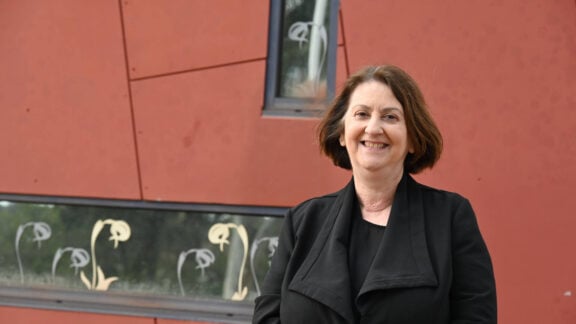We are all well aware of the nutritional benefits of Greek yoghurt; it is an excellent source of calcium, potassium, protein, zinc, and vitamins B6 and B12. While thicker and creamier than other yoghurts, it contains probiotic cultures and is lower in lactose and has twice the protein content of regular yogurts.
New scientific research led by microbiologist and environmental engineer Lars Angenent that took place between Cornell University and the University of Tübingen Germany shows that Greek yoghurt can also help produce bio-fuel for vehicles and planes. Their work and study finds have been featured in the December 13 issue of the journal Joule.
The scientists have developed a tested method of turning yoghurt whey – aka the liquid left behind after straining out the milk proteins -into bio-oil that could be processed into bio-fuel for vehicles, including planes.
According to Angenent, for every kilogram of yoghurt, there’s two to three kilograms of whey residue that can be converted into lactic acid and then into bio-oil. Him and his team are also looking into exploring further use of other waste liquids whilst they have also created a commercial company with the aim to tap into bio-oil in use by 2020 depending on political and economic factors.
“To be sustainable, you want to convert waste streams where they are made, and upstate New York is where the cows are, where the dairy farmers are, and where the Greek yogurt craze began in the United States with Chobani and FAGE, that’s a lot of acid whey that right now has to be driven to faraway locations for land application, but we want to produce valuable chemicals from it instead,” Lars Angenent said.
“The agricultural market might seem smaller, but it has a very large carbon footprint, and turning acid whey into a feedstock that animals can eat is an important example of the closed cycles that we need in a sustainable society, the fuel market, of course, operates at a lower price, but its demand is virtually unlimited. There is much more that can be done to optimize the extraction process and to scale up in an economical way, we can also learn more about the nature of the microbiomes and the biology involved and start investigating whether this technology can be translated to other waste streams.”








